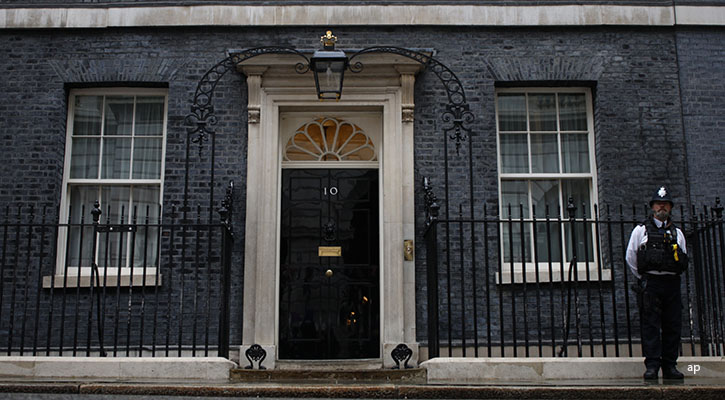
Labour's landside victory in the 2024 general election has invited parallels with the last time the party won power – way back in May 1997.
Sir Keir Starmer has an even greater majority than Tony Blair did 25 years ago, achieving a majority of 211 on July 4, compared with 179 seats in 1997. But if a week is a long time in politics, a quarter of a century is an eternity in economics and personal finance.
Looking back to prices and markets in 1997, the effect of inflation is clear to see. House prices, beer and petrol have all been subject to the relentless march of time, but wages and weekly pensions have also risen, though at a lower rate.
The UK stock market is higher but the FTSE 100's gain of 75% is significantly eclipsed by the S&P 500, which rose by 572% in that period. The UK's most valuable company is now AstraZeneca (AZN), but Shell – which was Royal Dutch Shell when it held top spot in 1997 – is still close by, with a market capitalisation of £181 billion.
Though things may be more expensive today, the UK's economy is by no means growthier. The new government would dearly love economic growth at 1997 levels, when the economy grew at an annual rate of nearly 5%, compared to the expected 0.5% now.
And yet the UK economy is itself much bigger than 25 years ago, though the 2008-2009 knocked this trajectory off course. And while inflation is superficially similar to 1997, with CPI rising 2% versus 1.6%, policymakers at the Bank of England are probably nostalgic for that era, when inflation was barely thought about by politicians and economists, and the BoE's new-found independence was a good news story and not an occasional frustration to politicians. Former governor Sir Mervyn King described this as a "NICE" era, which stood for "non-inflationary constant expansion."
And in another 25 years? Well, who knows?





























